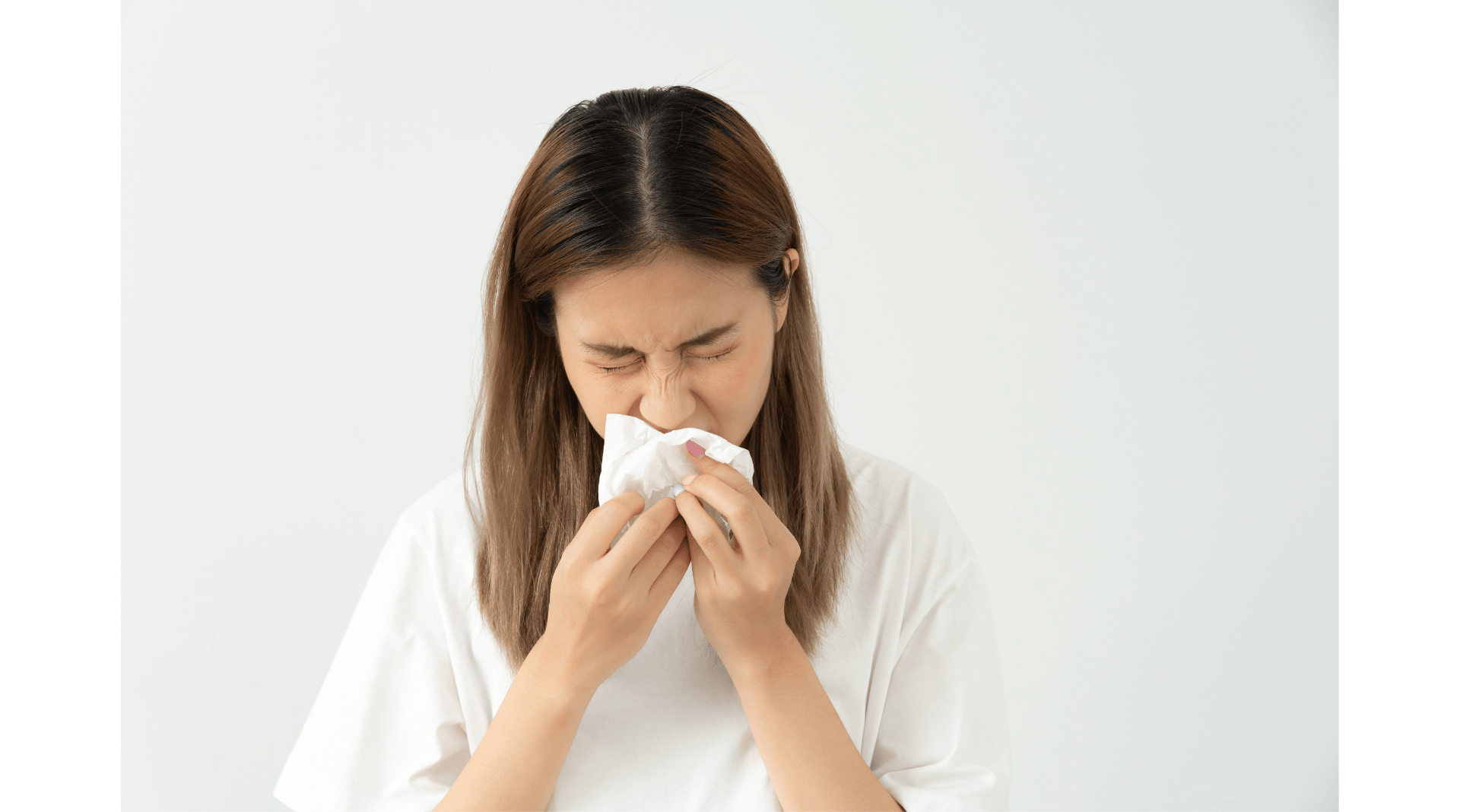Temporary Hearing Loss During Allergy Flare-Ups

As allergy season sweeps in, it brings with it a host of symptoms that can disrupt daily life. From sneezing fits to itchy eyes, allergies are notorious for wreaking havoc on our well-being. However, one aspect of allergies that often goes unnoticed is their potential impact on hearing health. Let’s explore this often-overlooked connection and dive into strategies to manage symptoms.
The Link Between Allergies and Hearing Loss
During allergy flare-ups, the body’s immune system goes into overdrive in response to allergens like pollen, dust, or pet dander. This immune response can trigger inflammation and fluid buildup in the middle ear, leading to a temporary decrease in hearing ability. Known as conductive hearing loss, this condition can cause sounds to appear muffled or distant, making it challenging to follow conversations or hear clearly in noisy environments.
Managing Allergy Symptoms
Effective management of allergy symptoms is crucial in minimizing their impact on hearing health. Over-the-counter antihistamines can help alleviate inflammation and reduce congestion, while nasal corticosteroids can target nasal symptoms that may contribute to Eustachian tube dysfunction. It’s important to follow the recommended dosage and consult with a healthcare professional if symptoms persist or worsen.
While temporary hearing loss during allergy flare-ups is typically reversible, it’s essential to take proactive steps to protect your hearing and prevent potential complications. Avoid inserting objects into the ears to relieve discomfort, as this can exacerbate inflammation and potentially cause injury. Additionally, be mindful of exposure to loud noises, as allergies may already compromise your ability to hear effectively.
Seeking Professional Guidance
If you experience persistent or recurrent hearing loss during allergy season, seeking professional guidance from a provider is paramount. A comprehensive hearing health exam can help identify any underlying issues contributing to your symptoms and determine the most appropriate course of action. Your provider can provide personalized recommendations and interventions to effectively manage your allergy-related hearing loss.
Utilizing Assistive Devices
In some cases, individuals with allergy-related hearing loss may benefit from using assistive devices such as hearing aids or amplified telephones. These devices can help compensate for any temporary hearing loss and improve communication in various settings. Your provider can assess your hearing needs and recommend the most suitable assistive technology to enhance your auditory experience during allergy flare-ups.
Preventing allergy flare-ups altogether is the most effective way to avoid temporary hearing loss and other associated symptoms. Take proactive measures such as minimizing exposure to known allergens, keeping indoor environments clean and free of dust and mold, and using air purifiers or allergen-proof bedding. Additionally, consider consulting with an allergist for allergy testing and personalized treatment options.
Temporary hearing loss during allergy flare-ups is a common yet often overlooked phenomenon. By understanding the connection between allergies and hearing health and implementing strategies to manage symptoms and protect your auditory well-being, you can navigate allergy season with greater ease and comfort.
